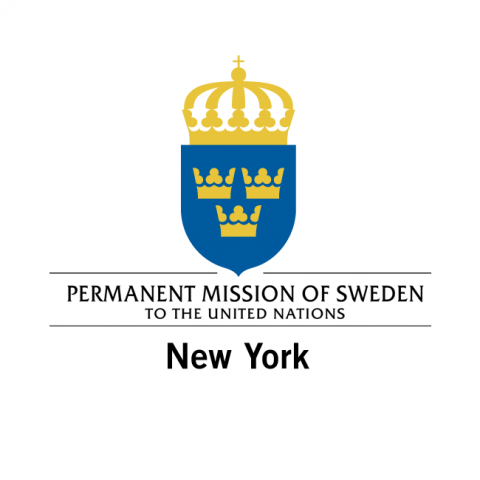
Democratic Governance and Development
This seminar aims at producing critical thinking on the role of the United Nations system in the area of democracy building. Recent negotiations on the 2030 Agenda for Sustainable Development at the United Nations have shown the sensitivities expressed by Member States with respect to such issues as democracy, human rights and the rule of law in the face of old and new threats to peace & security and development alike, as developments over the last few years have testified to an increasingly complicated situation for democracy building.
The seminar will focus on policy guidance adopted by the UN and its impact on the ground. Beside the analysis of relevant UN resolutions and declarations, the seminar will assess how UN action is influenced and shaped by the main priority areas of the broad field of democracy building like electoral assistance, constitutional reforms, the strengthening of the judiciary, parliaments, political parties and civil society actors, the role of the media, the political participation representation of women, the engagement of the youth and the measures aimed at addressing all forms of exclusion.
To enable participants to:
- Gain an in-depth understanding of the potential and challenges of UN’s engagement and action in the field of democracy assistance;
- Clearly articulate the main democracy-related policy issues emerging in current UN mandates and policy debates;
- Critically assess recent analyses produced by social scientists and practitioners, and to reflect on the main lessons drawn from selected case studies of UN action on the ground.

